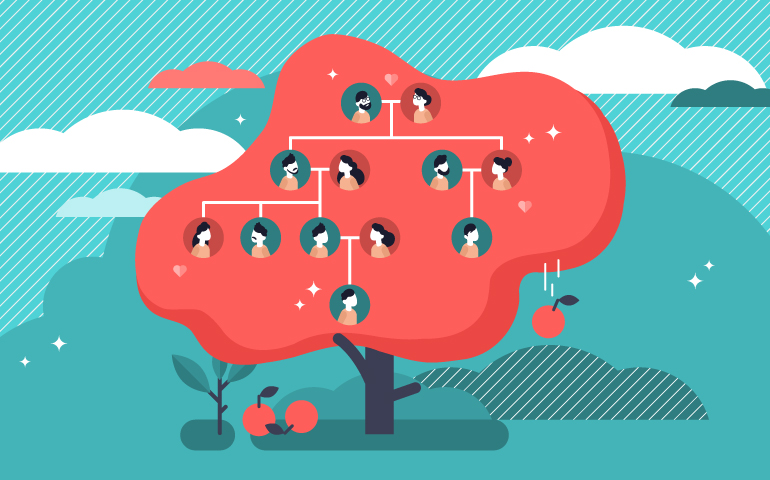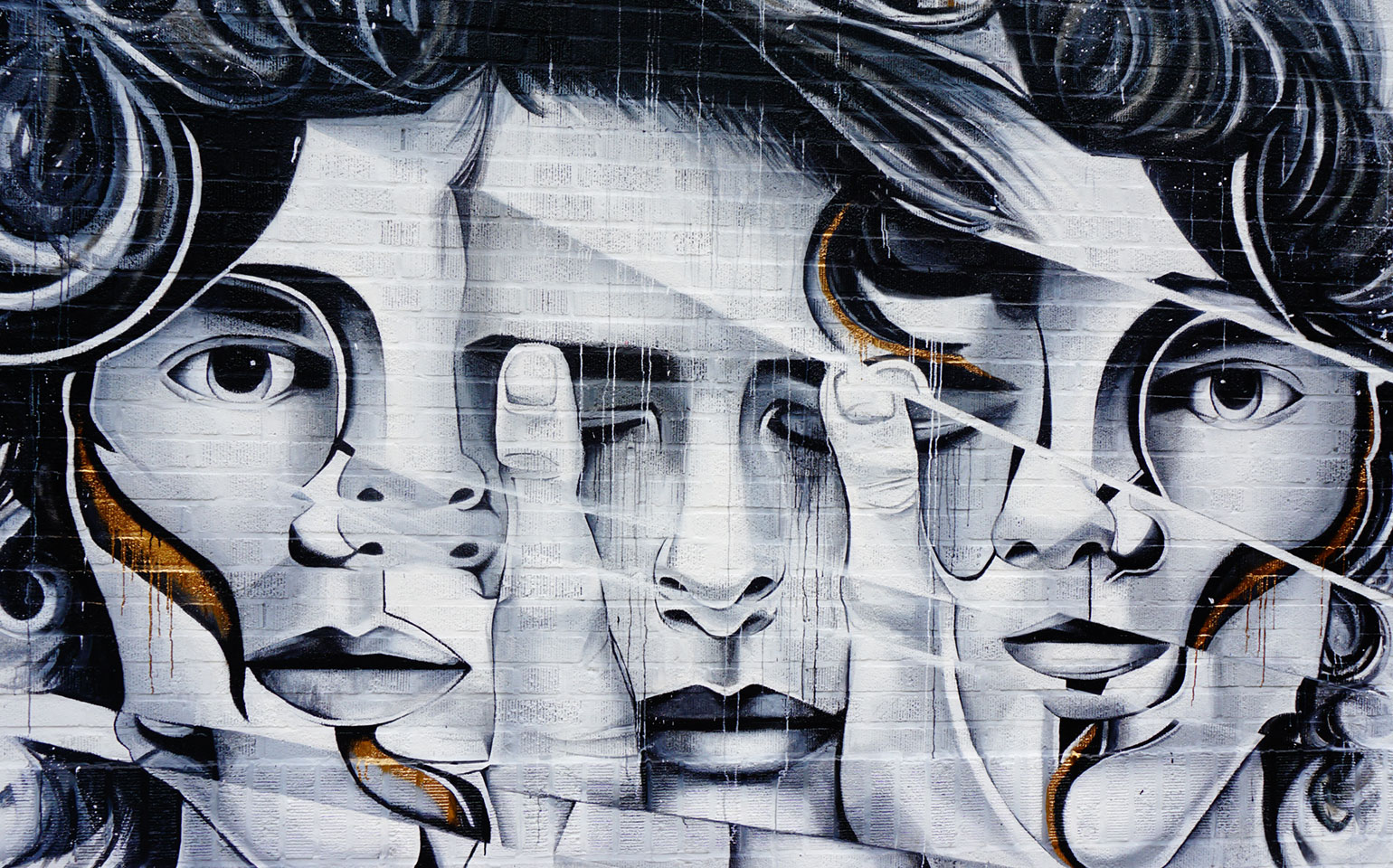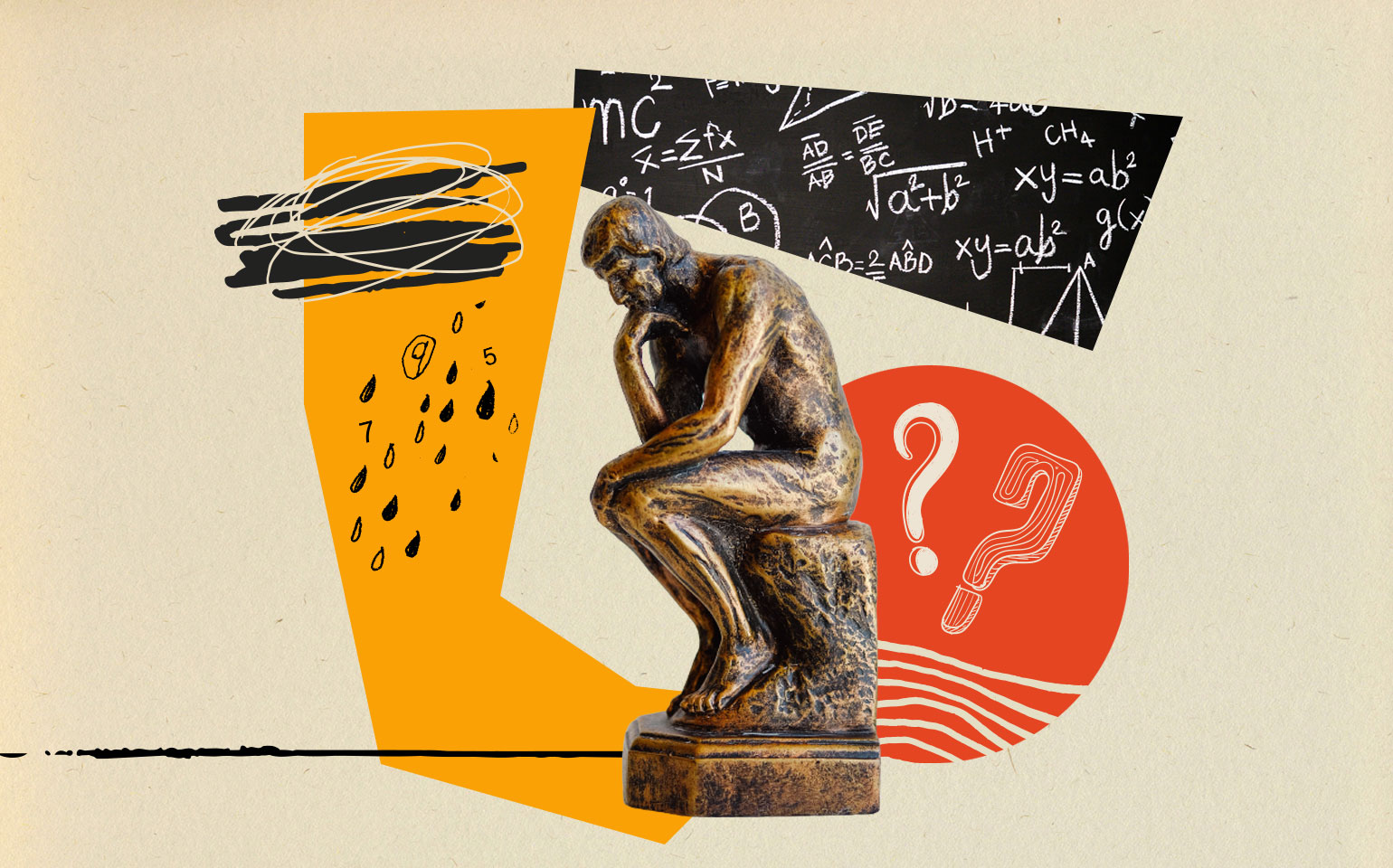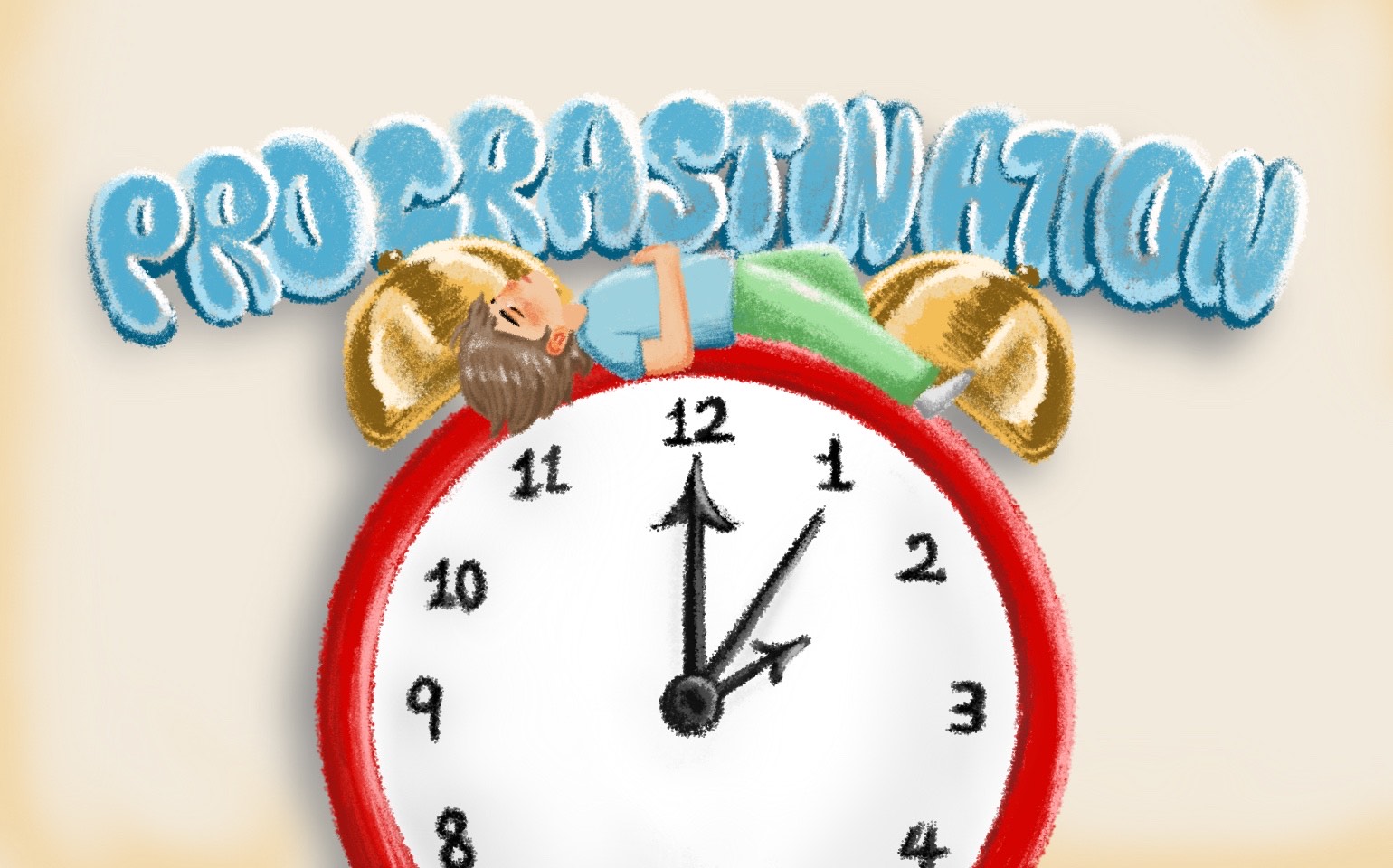
Beyond Birthdays
My grandmother doesn’t know her birthday. Come to think of it, neither does my grandfather. The reason why is unique in each case. For instance, I recall my mother describing the plight of an uncle of hers whose birth date was scrawled on some paper and shoved in a box where it was later devoured by termites. Or, when she once spoke of a family friend whose grandmother’s headmaster assigned each student in the village one of two birth dates to make his paperwork simpler.
My own grandmother set her own birthday as the Independence Day of Pakistan so that she could attend school with her older sister and take an advanced exam. These stories in my head were disjointed, chiefly humorous, and nothing more.
When grade 9 geography was rounding the corner, we were tasked with a complex, albeit rather intriguing final assignment. We were to create a presentation and write an essay based on our family history. The more I researched, the more I was able to extract and remember dozens of family stories (the previous ones noted). It was more surface-level simple facts that would require excavation. For my classmates, this did not pose much of a problem. Their family tree was conveniently inscribed onto the back-cover of a bible tracing back decades of generations. They discovered numerous mementos, daguerreotypes, and even love-letters written by family members and neatly organized in the attic. For many of them as well, the simple act of expectorating into a plastic tube could unreel centuries of history.
For me, this was not as simple. As I quickly discovered, the story of my family was book-ended at my great-grandparents. This is despite the fact that one of my great-grandmothers is still alive and all my grandparents are as well.
Beyond a couple of grainy photographs and an antiquated name, the trail ran cold. The very things that we consider vital to proving one’s identity such as a birth date, a name, and some form of documentation was supplanted and instead, the voids were filled with stories.
Many of these stories were provided by my grandparents who, after a few interviews, were able to breathe life into the image I had of my ancestors, with whom my only link was blood. I discovered that many of my uncles, despite being brothers, had different last names to appease both sides of the family. I realized that my great-grandfather owned a hotel in Pakistan and could speak German fluently. I learned that my other great-grandfather was a police officer and an avid hunter. And when I brought in tales of my grandfather’s near-death experiences escaping from Iraqis during the Gulf War, it fascinated all my classmates.
Grade 9 was when I truly discovered the beauty of the oral tradition—the kind of rich stories that reverberate through generations and are only as full as the listener wants to make them. It made me realize that if I don’t carry on these stories, they will vanish the second I take my last breath. Even though we may not have the dates, or mementos, or paperwork, I have discovered that in my family, there is a story behind every person. Even though the birthdates may not be real, the tales certainly make up for it.



